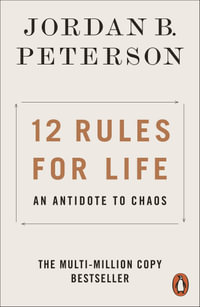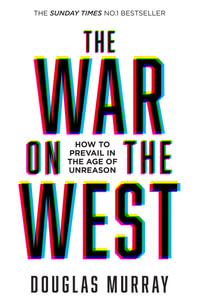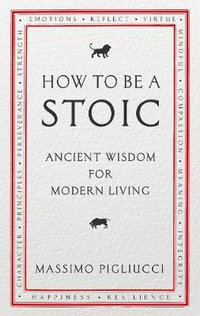
At a Glance
Hardcover
RRP $286.00
$168.75
41%OFF
Aims to ship in 5 to 10 business days
When will this arrive by?
Enter delivery postcode to estimate
obligations and the nature of commitment.
The central argument of Part Two, "Democratizing Marriage," is that liberal reasons for recognizing same-sex marriage also require recognition of groups, polyamorists, polygamists, friends, urban tribes, and adult care networks. Political liberalism requires the disestablishment of monogamous amatonormative marriage. Under the constraints of public reason, a liberal state must refrain from basing law solely on moral or religious doctrines; but only such doctrines could furnish reason for restricting marriage to male-female couples or romantic love dyads. Restrictions on marriage should thus be minimized. But public reason can provide a strong rationale for minimal marriage: care, and social supports for care, are a matter of fundamental justice. Part Two also responds to challenges posed by property division on divorce, polygyny, and supporting parenting, and builds on critiques of marriage drawn from feminism, queer theory, and race theory. It argues, using the example of minimal
marriage, for the compatibility of liberalism and feminism.
Industry Reviews
ISBN: 9780199774142
ISBN-10: 0199774145
Series: Studies in Feminist Philosophy
Published: 15th March 2012
Format: Hardcover
Language: English
Number of Pages: 256
Audience: Professional and Scholarly
Publisher: Oxford University Press USA
Country of Publication: GB
Dimensions (cm): 16.3 x 23.9 x 1.8
Weight (kg): 0.51
Shipping
| Standard Shipping | Express Shipping | |
|---|---|---|
| Metro postcodes: | $9.99 | $14.95 |
| Regional postcodes: | $9.99 | $14.95 |
| Rural postcodes: | $9.99 | $14.95 |
How to return your order
At Booktopia, we offer hassle-free returns in accordance with our returns policy. If you wish to return an item, please get in touch with Booktopia Customer Care.
Additional postage charges may be applicable.
Defective items
If there is a problem with any of the items received for your order then the Booktopia Customer Care team is ready to assist you.
For more info please visit our Help Centre.
You Can Find This Book In
This product is categorised by
- Non-FictionFamily & HealthRelationships & Families: Advice & Issues
- Non-FictionPhilosophyHistory of Western Philosophy
- Non-FictionSociology & AnthropologySociologySociology & Customs & Traditions
- Non-FictionPhilosophyEthics & Moral Philosophy
- Non-FictionSociology & AnthropologySociologySociology & Family & Relationships
- Non-FictionLawLaws of Specific JurisdictionsFamily LawFamily Law & Marriage & Divorce
- Non-FictionPhilosophySocial & Political Philosophy
























